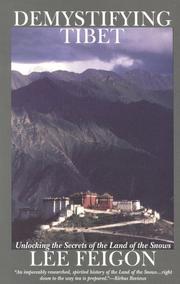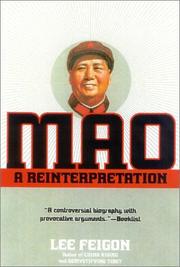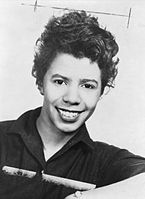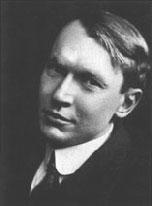
Lee Nathan Feigon
Born: 1945 in Tampa, Florida
Pen Name: None Connection to Illinois: Mr. Feigon was a research Associate at the University of Chicago and resided in Winnetka, Il. Biography: Mr. Feigon has been a professor of Chinese History for over 20 years, has written three books on the subject and directed the film Passions of Mao.
Awards:
Selected Titles
 |
China rising : ISBN: 1566632455 OCLC: 728687680 Ivan R. Dee, Chicago : 1999. |
 |
Demystifying Tibet : ISBN: 1566631963 OCLC: 38258001 Ivan R. Dee, Publisher, Chicago : 1998. |
 |
Mao : ISBN: 1566635225 OCLC: 49872290 Ivan R. Dee, Chicago : 2002. "For many years now, historians and political observers have vilified Mao Zedong and placed him in a class with Hitler and Stalin as one of the twentieth century's most notorious tyrants. Mao's reputation first rose in the 1930s, when he was portrayed as a simple, uncorrupted populist hero. But with the triumph of communism in China after World War II, a disappointed Western public reinterpreted Mao as a godless Marxist. The real Mao, Lee Feigon suggests, was neither as smart and independent as earlier versions of him suggest, nor as evil as later interpretations have it." "In this revisionist appraisal of Mao, Mr. Feigon, an accomplished Asian historian, argues that the leader has been tainted by the actions and policies of the Soviet-style bureaucrats he came to hate and attempted to eliminate. Mr. Feigon suggests that the movements for which Mao is almost universally condemned today - the Great Leap Forward and especially the Cultural Revolution - were in many ways beneficial for the Chinese people: they forced China to break with its Stalinist past and paved the way for its great economic and political strides in recent years. "Without discounting the horrific damage done," Mr. Feigon writes, "one cannot overlook the positive impact of these movements, which gave birth to the present China - indeed, they are more responsible for China's change in recent years than its trade with the West.""--Jacket. |




.jpg)